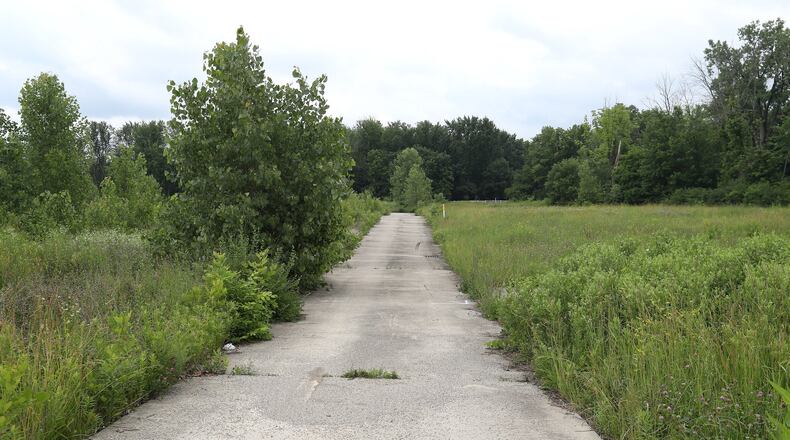MORE: A large Clark County group that battles substance abuse has a new, full-time director
“We sent a message to the city that these are our concerns,” Kelly said of the board’s recommendation.
City officials previously told the News-Sun that the council members take the CEDA board's recommendations into account when making zoning decisions. However, the council will make the final decision in mid-July. If it moves forward, it would be the first major housing development of its kind since the 1990s, according to city officials.
Kelly said the proposal to CEDA called for a plan to build 4.5 houses per acre. However, the new zoning will allow up to eight houses per acre.
DETAILS: New video game store opens in Springfield
Lance Oakes, a manager for DDC Management, said Springfield has done a good job attracting new business and that’s created a demand for new housing. The company has developed similar projects in cities like Riverside and Springboro that have been successful, he said. He said he expected more green space in the higher home prices, but said the company wanted to provide all the information possible to the board.
READ MORE: Enon pharmacy sold for $2.9M
“We try to be conservative in our estimates and under promise and over deliver,” Oakes said.
Economic development officials in both Clark and Champaign counties have previously told the News-Sun a lack of newer homes has made it more challenging to draw new business and encourage skilled workers to live in both counties.
Kelly said the project’s proposed location may also make the project harder to sell, and if so, that raises concerns the development would try to become profitable by building more homes per acre.
“If this fails and you go back to eight units per acre, which they would be allowed to do, what do you think you’re going to get there,” Kelly said.
MORE BUSINESS NEWS: A downtown Springfield company with owner roots back to the 1990s is helping businesses throughout the area
But Oakes said businesses in Springfield bring on new workers, the development will be attractive and offer newer homes that are not available elsewhere in the city.
“The CEDA board and the city aren’t always aligned,” Oakes said. “We still feel this is a very good project.”
Kelly said there is also concern about how the project would be financed. He said the project includes a request for Tax Increment Financing to provide funding for the developer to build roads in the residential area. He said the developer is seeking 20 years of TIF financing, with funding to come out of the residential taxes normally earmarked for the school system.
Gregg Morris, superintendent at Clark Shawnee Local Schools, said the district is researching the proposal and its potential impact on the district before making any final decisions. The district’s board of education would have to approve any TIF project longer than 10 years Morris said.
“We’re having that researched but that’s going to be a challenge for us to approve,” Morris said.
About the Author
